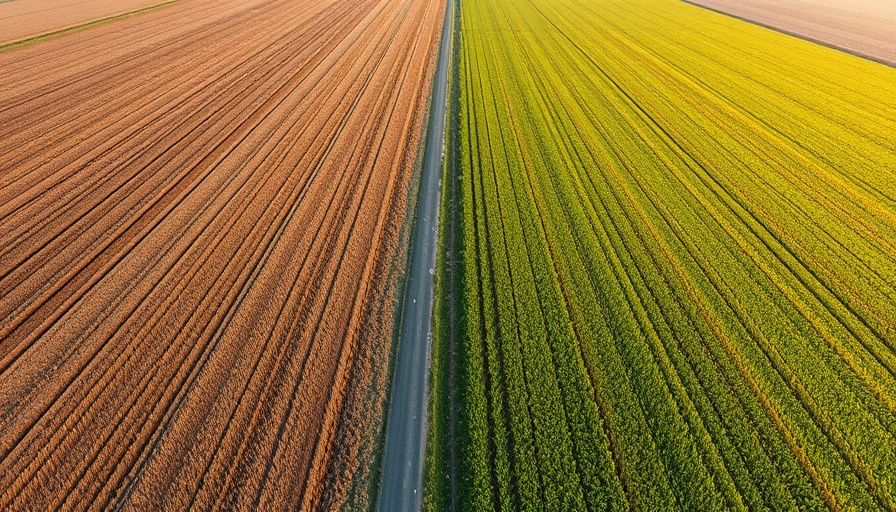
A Revolutionary Shift in Plant Biology
Imagine a world where crops are perfectly suited to their local climates, capable of thriving in conditions previously considered inhospitable. This vision is becoming a reality thanks to recent groundbreaking research conducted by scientists at Monash University.
How Plants Sense Temperature
For years, the scientific community held the belief that plants utilized a singular internal "thermometer" to gauge temperature changes. However, this new research challenges that long-standing idea by revealing that plants actually rely on decentralized genetic networks. These networks of proteins and biological processes allow plants to respond more dynamically to fluctuating temperatures, enabling a more nuanced understanding of their environment.
Bridging Climate Change and Food Security
As the global climate continues to shift, traditional farming methods face monumental challenges. Droughts, floods, and other extreme weather phenomena are becoming increasingly common, often devastating crops and livelihoods. Understanding how plants naturally integrate temperature into their growth and defense mechanisms is critical for food security. With this new model, scientists envision the development of precision breeding techniques which can produce crops that are not just modified but are specifically tailored to the climate of a region.
The Promise of Designer Crops
This innovative approach empowers farmers to cultivate "designer crops" that can withstand extreme conditions specific to their locale. Dr. Sridevi Sureshkumar, a co-author of the study, likens this process to personalized medicine for plants. Rather than relying on standard modifications, researchers can now determine the ideal genetic combinations to enhance crop resilience. This personalized approach could revolutionize agriculture, allowing for better yields and food security in the face of climate change.
Practical Applications of the Research
What does this mean for farmers and consumers alike? Farmers will gain the tools needed to create crops that can grow adeptly in their specific environments, potentially alleviating food scarcity as adverse climate impacts rise. Consumers, too, can look forward to more reliable food sources that are not only sustainable but also optimized for nutrition and taste.
Taking Action for a Sustainable Future
As we confront the realities of climate change, the implications of this research extend beyond agriculture to encompass broader environmental practices. By investing in biotech solutions that enhance crop resilience, we can work towards a more sustainable and secure food future.
We invite you to stay engaged with these developments and consider how this research could impact your community. Understanding these innovations helps pave the way for a healthier planet and more reliable food systems. Let's embrace the future of agriculture together!
 Add Row
Add Row  Add
Add 




Write A Comment